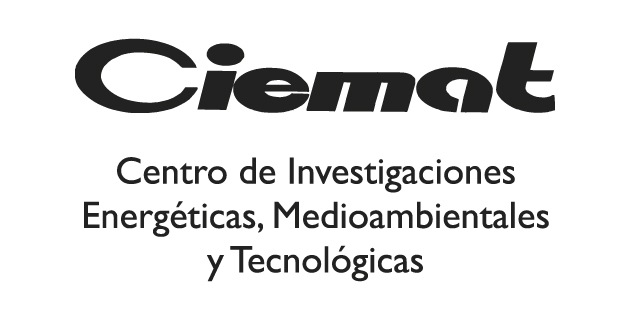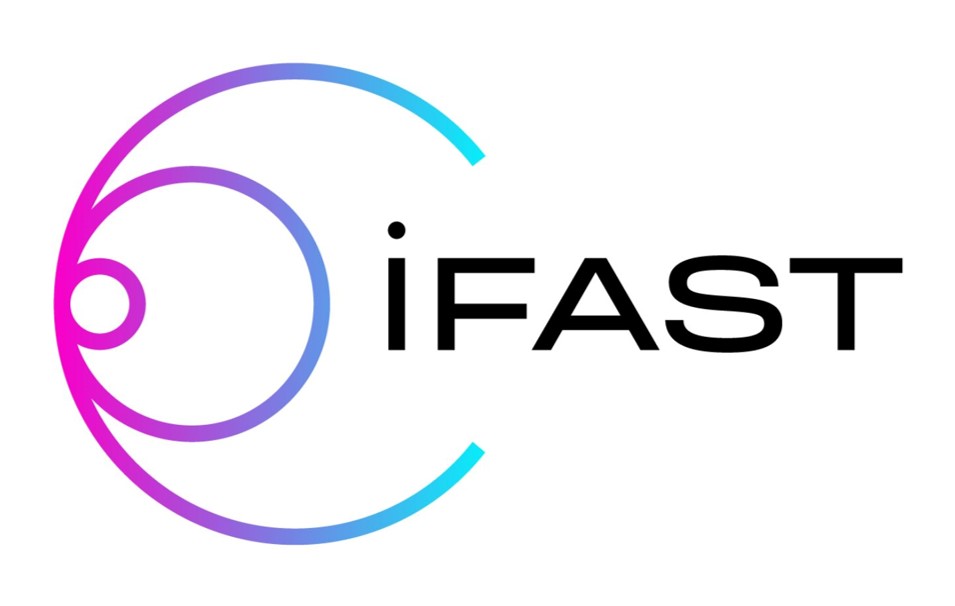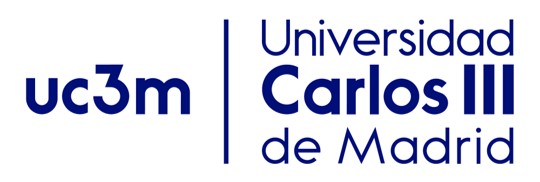In the current decade, after contrasted indications of dwindling and instable energy resources, energy cost rises and severe evidences of climate change, the sustainability of technical infrastructures has been confirmed as an unavoidable demand. New medium and large dimension research infrastructures are forced to face this challenging scenario.
Extreme performance operation and cutting-edge technologies often lead to high power consumption. The development of next generation research and technological infrastructures and the upgrade of existing ones demand new concepts in terms of sustainability, affecting both to new technological concepts and reconsidering the operation of the facilities.
Besides, the clear increase of carbon-free, renewable energy sources, energy-efficient systems, more advanced energy storage integration and smart grids can reduce strain on the energy supply. But this cannot be an excuse for delaying the transition to sustainable infrastructures. In this regard, collaboration among scientists, engineers, environmental experts and scientific policy makers is crucial for devising long-term strategies for sustainable research infrastructure.
Sustainable development and operation of research infrastructures does not limit to energy efficiency considerations; it also encompasses circular economy concepts and a proper life cycle of materials and components, concluding with a responsible management of wastes. Embracing transformative changes towards sustainability means progress and innovation. Research facilities must take a leading position in environmental consciousness and the pursuit of efficient energy solutions, inspiring other sectors.
Renewable energy sources offer hope for a greener future, including solar, wind, and geothermal technologies. Energy-efficient systems and smart grids can mitigate power demand and reduce strain on traditional energy grids. Integrating energy storage and management systems is essential for a stable power supply.
The main goal of this event is to identify the challenges, technical and strategical, to develop and implement sustainable solutions at research infrastructures. This includes sharing experiences on new energy-efficient technologies, energy management at research infrastructures, review how the energy sustainability is faced on the current research projects, analyze life cycle, and discuss about future aims and trends, among other topics. Specific interest will be paid to involve pre-doctoral students into the workshop discussions, to promote the involvement of the young research staff on the event topics.
To stimulate exchanges and foster contacts and cooperation among the participants, the format of the event has been selected to be in-presence, although speakers from non European institutions will be exceptionally allowed to participate on-line.
CIEMAT, in collaboration with CERN (the European Organization for Nuclear Research), the ESRF (European Synchrotron Radiation Facility), DESY (Deutsches Elektronen-Synchrotron), PSI (the Paul Scherrer Institut), ESS (The European Spallation Source) and ERF (The European Association of National Research Facilities) will host the Seventh Workshop on Energy for Sustainable Science at Research Infrastructures Facilities in Madrid on 25-27 September 2024, as a continuation of a series of events hosted by ESS (2011), CERN (2013), DESY (2015), ELI-NP (2017), PSI (2019) and ESRF (2022).
 | 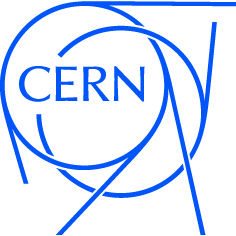 | 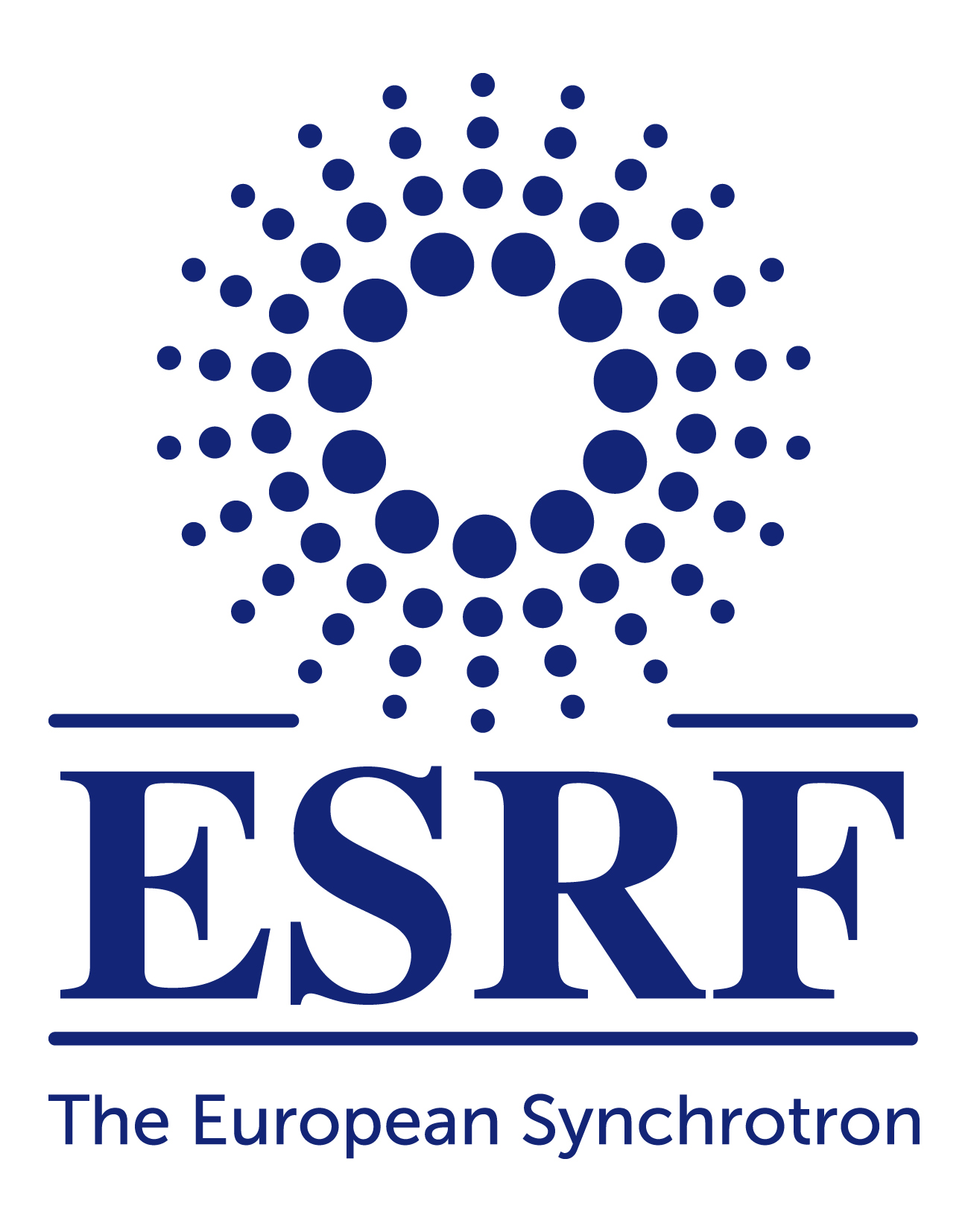 |  |  | 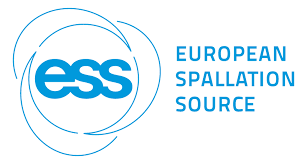 | 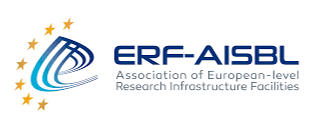 |
First_announcement.pdf Second_announcement.pdf Third_announcement.pdf Fourth_announcement.pdf
Support and funding
This work is supported by ICFA (the International Committee for Future Accelerators) and by the I.FAST (Innovation Fostering in Accelerator Science and Technology) H2020-RIA project.
Economic support has been kindly provided by I.FAST, INEUSTAR.

